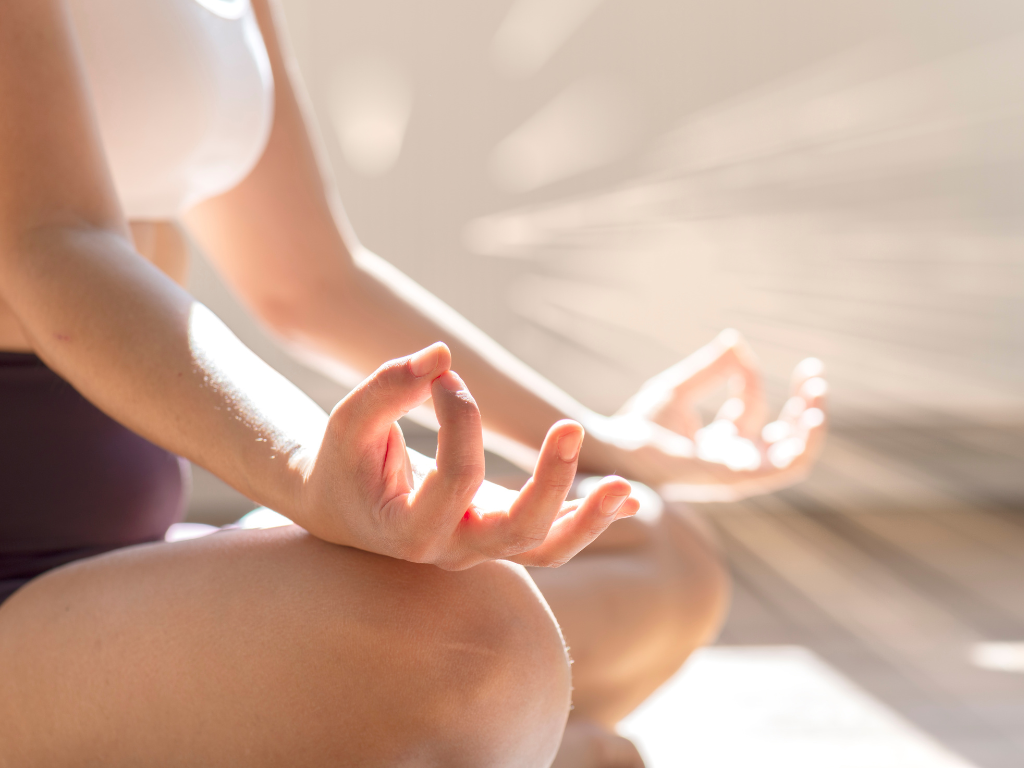Eczema is an umbrella term for a collection of chronic skin conditions that cause dryness, itchiness, and inflammation. While the underlying reasons behind eczema are not fully understood, common triggers, preventive methods, and treatment options have been extensively studied. If you suffer from eczema, adopting these good habits can help minimise or prevent flare-ups.
1. Track your triggers
Every eczema sufferer has different triggers. Common ones include cigarette smoke, beauty products, soaps, stress, temperature changes, and environmental irritants. By tracking your triggers, you can mitigate or avoid them to reduce the frequency of flare-ups.
2. Exercise in controlled environments
While getting the blood pumping from a good workout is great for your physical health, heat and sweat can often trigger eczema flare-ups. The solution isn’t to abandon your exercise regime, but to control the impact it has on your skin.
Try to exercise in cooler environments whenever convenient. Avoid exercising in the afternoons and opt for evening workouts instead. If possible, try to exercise indoors with good ventilation to keep you cool. Another good tip is to moisturise before and after exercising to stop your skin from drying out.
While exercise is great for your physical health, heat and sweat can often trigger eczema flare-ups. Instead of abandoning your exercise routine, control its impact on your skin. Here are some tips:
- Exercise in cooler environments.
- Avoid working out in the afternoons, and opt for evening workouts.
- If possible, exercise indoors with good ventilation.
- Moisturise before and after exercising to prevent your skin from drying out.

3. Air your room daily
The most common type of eczema, atopic dermatitis, can be triggered by indoor pollutants like dust, dust mites, and mould. Improving indoor air quality can help reduce the incidence of flare-ups. Regularly airing your room and maintaining cleanliness can make a significant difference.
Learn more: Eczema Among Singapore Children
4. Distract yourself from scratching
Scratching itchy skin from an eczema flare-up provides short-term relief but worsens the condition. It damages the skin and releases histamines, causing more itching and swelling. Distract yourself with activities like playing video games, taking up a hobby, or using a stress ball to break the itch-scratch cycle.
5. Avoid fragrances
Products like essential oils, perfumes, and even fabric softeners can trigger eczema. Both synthetic and organic fragrances can contain ingredients that cause atopic or contact dermatitis. Opt for fragrance-free products to minimise this risk.
6. Wear thin loose-fitting clothes
Tight-fitting clothing can cause friction and trigger eczema flare-ups. Wear thin, loose-fitting clothes to reduce pressure on your skin and stay cool and comfortable.
7. Manage stress and anxiety
Stress and anxiety are known eczema triggers due to fluctuating hormone levels. Managing your mental health can help reduce stress-related flare-ups. Practise relaxation techniques, exercise regularly, and ensure you get adequate sleep to keep calm and stress-free.

8. Consult a dermatologist for persistent issues
If frequent eczema flare-ups severely affect your quality of life despite your best efforts, consult a dermatologist. They can advise you on treatment options, including new developments such as oral JAK inhibitors and Dupilumab.
9. Explore treatment options
Oral JAK inhibitors
Oral Janus Kinase (JAK) inhibitors like Baricitinib, Abrocitinib, and Upadacitinib curb the immune system by reducing the activity of Janus Kinase, which in turn reduces inflammation. These systemic treatments are for adults whose eczema is not controlled with topical medications. They are currently indicated only for adults (age 18 years and above).
Dupilumab
This biologic drug prevents the immune system from overreacting to allergens and reduces skin inflammation. Administered via injections, Dupilumab has shown positive results in treating eczema.
Eczema flare-ups can be challenging, but by adopting these habits, you can reduce their frequency and severity. Consult your dermatologist about the latest treatments to combat eczema and enjoy a better quality of life.
Thomson Specialist Skin Centre is a trusted clinic with accredited dermatologists providing a wide range of dermatological services. If you have more questions about atopic dermatitis in Singapore or wish to set up an appointment, reach out to our team via our enquiry form.
For more information, contact us:
Thomson Specialist Skin Centre
Address: 8 Sinaran Drive, #06-04, Novena Specialist Centre, Singapore 307470
Operating Hours:
Monday - Friday: 8am - 5pm
Saturday: 8am - 12pm
Sunday & PH: Closed
Telephone: +65 6397 6006
Request an AppointmentDr Tan Hiok Hee
Dermatology (Skin)
Thomson Specialist Skin Centre (Novena Specialist Center)
English, Mandarin

